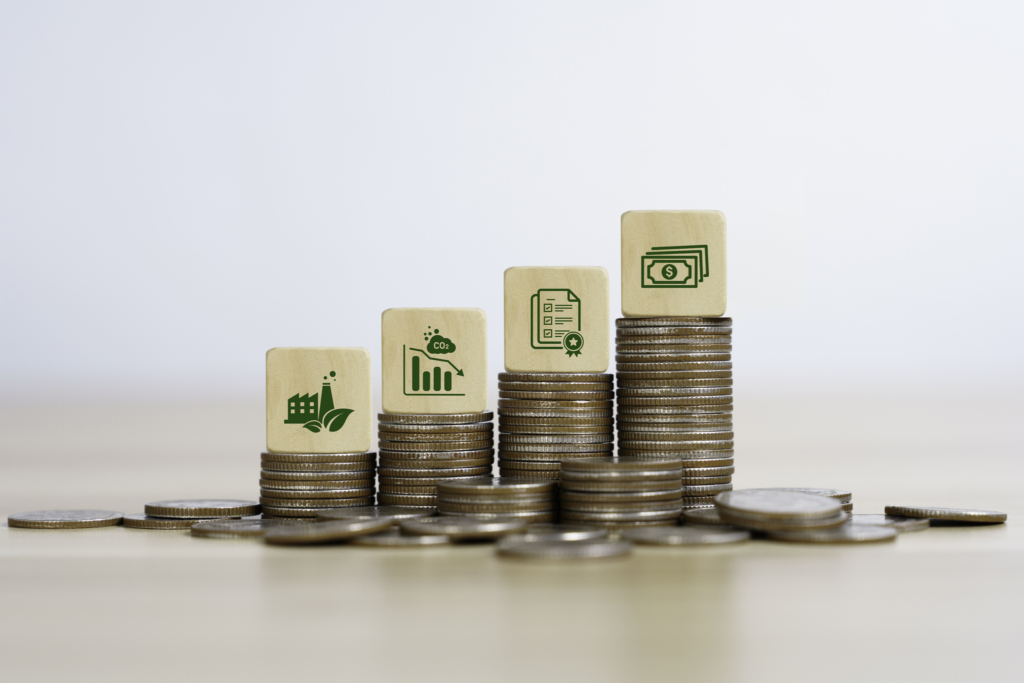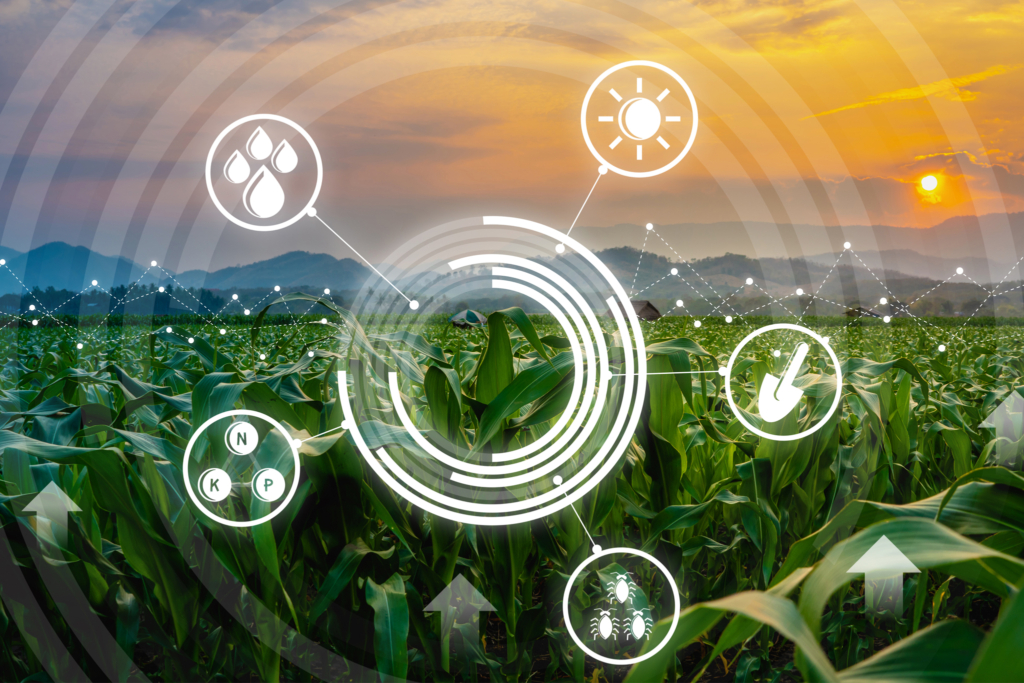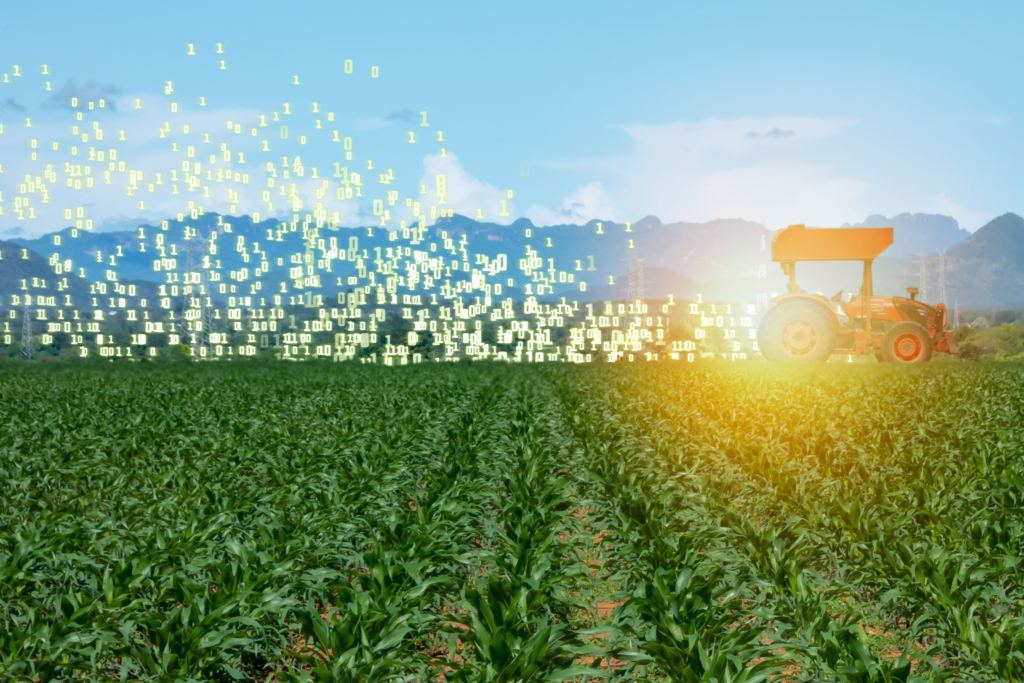Faced with the need for further investment in sustainable agriculture, financial institutions and agro-businesses require relevant, comparable and reliable data to measure environmental impacts of agricultural activities.
The Finagri Chair is carrying out an inventory to understand the needs and minimum data requirements of investors wishing to invest in the management and preservation of natural capital. This inventory takes into account the variety of investors and their strategies, as well as the regulations and standards applicable to them. This inventory could lead to the drafting of an ethical charter for providers of environmental data.




